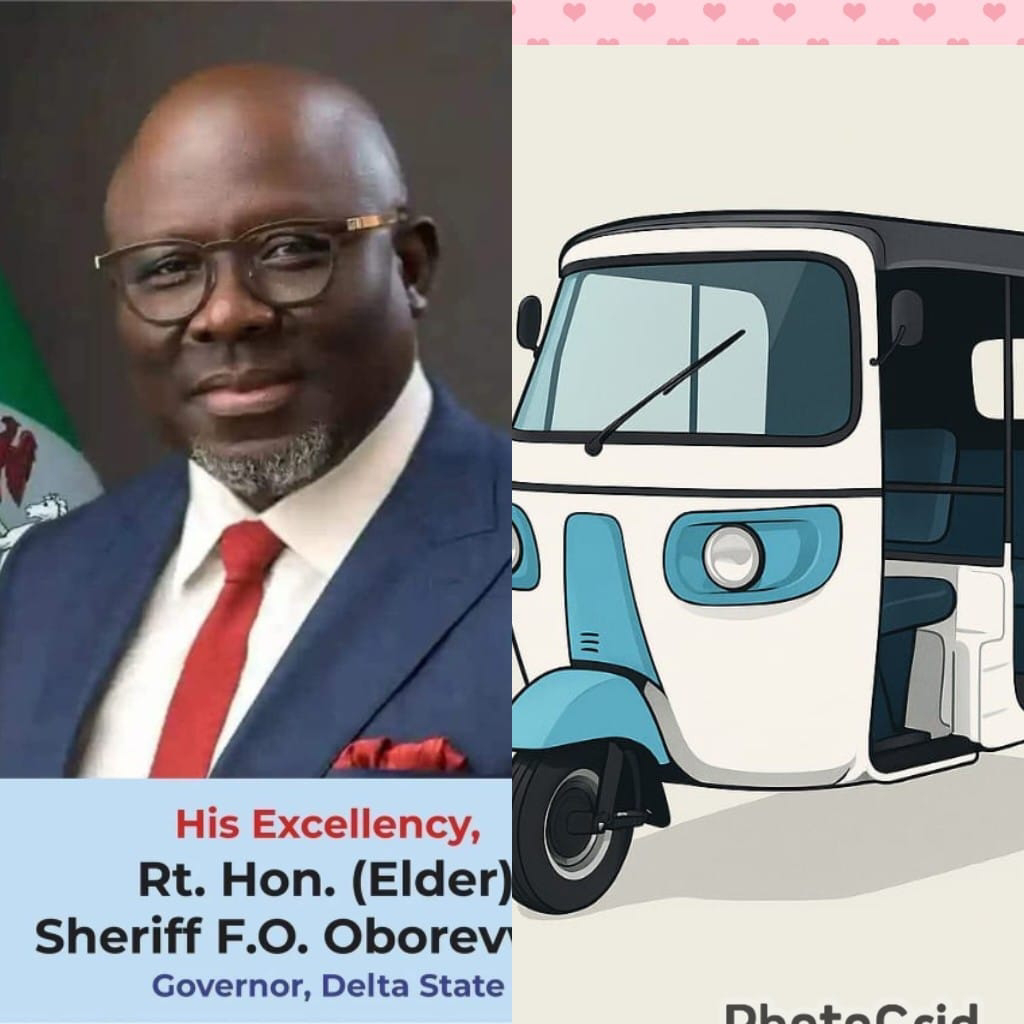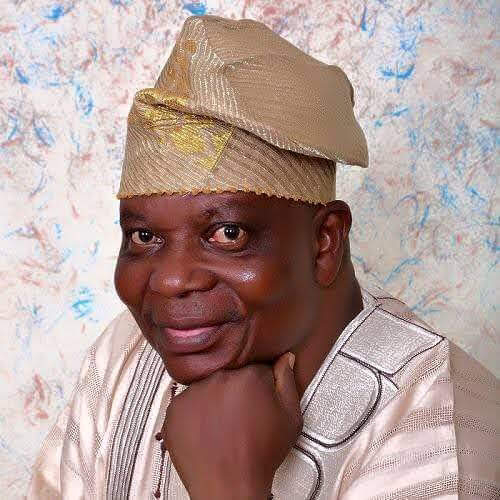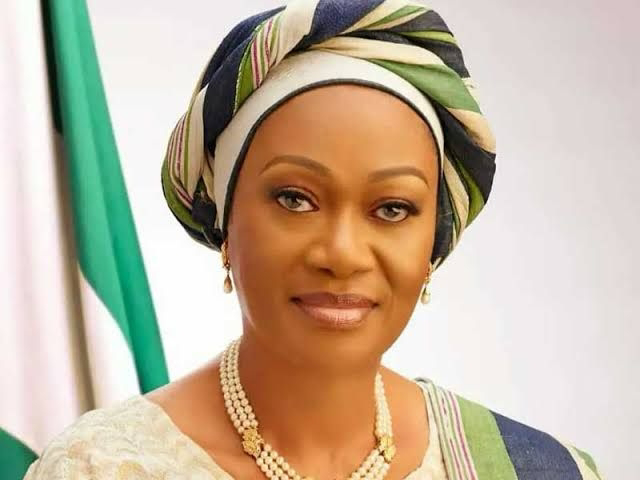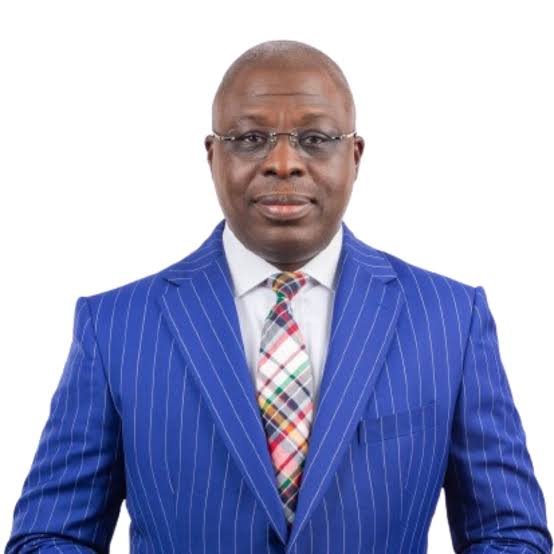In the face of mounting economic hardships, the people of Delta State, particularly those in the informal transport sector, are feeling the weight of yet another devastating blow.
The recent imposition of a staggering N12,000 levy on commercial tricycle (Keke) operators, up from the previous N2,500 to N3,500, has sparked widespread protests and drawn sharp criticism across the state.
The increase, which amounts to a 300% hike, has been described by many as not only excessive but also economically and morally indefensible, especially in the context of the ongoing financial challenges Nigerians face under President Bola Ahmed Tinubu’s administration.
From Warri to Uvwie, Udu to Sapele, and Ughelli to Isoko, Keke riders have taken to the streets in protest.
Their message has been loud and clear: they are at breaking point, suffocated by a series of unrelenting economic pressures, and they demand an end to the new levy.
The protests, which have been ongoing for the past two weeks, are fueled by frustration over the seemingly insensitive policy, which many feel is pushing them further into poverty.
The new levy, which came into effect with little warning, has been condemned for its poor timing and lack of consideration for the plight of Keke operators, who are among the hardest hit by the country’s deteriorating economy.
Many Keke riders already struggle with daily ticketing costs, rising fuel prices, and multiple unofficial fees, and this latest increase is seen as a step too far.
The analogy of “beating a child already stricken” has been used to describe the current situation, as operators, many of whom are struggling to make ends meet, now face an unbearable financial burden.
A key concern is the perception that the funds collected through this levy may not be used for the intended developmental purposes.
There are growing suspicions that the money is instead enriching a few individuals, rather than being directed into public services or improving conditions for the Keke operators themselves.
Questions have arisen about the legality of the levy, with many citizens and civil society groups calling for transparency and accountability regarding the collection and use of these funds.
The protests have not occurred in a vacuum. They are the result of years of systemic neglect and exploitation disguised as government policy.
Keke operators are not criminals but hardworking individuals—fathers, mothers, and young people—striving to earn an honest living in a nation where job opportunities are scarce.
The new levy is seen as not just unaffordable, but unjust, with many operators expressing that paying the levy would mean sacrificing basic necessities, like feeding their families.
In light of the situation, a call has been made for the Delta State Government, particularly the Ministry of Transport, to intervene swiftly.
There is an urgent need for a transparent investigation into the origin and legitimacy of the new levy, and all illegal tolling and taxation of commercial tricycle operators should be immediately halted.
A fair and reasonable alternative, such as a N5,000 levy, has been suggested, along with better regulation and a system that supports the dignity of the Keke operators.
Rather than overburdening these hardworking citizens, the government is urged to focus on policies that support their livelihoods.
Proposals include offering soft loans for tricycle maintenance, subsidizing ticketing, and implementing a digital tracking system to ensure accountability and transparency in the collection of levies.
In conclusion, it is argued that no society can thrive when its people are weighed down by poverty, extortion, and injustice.
The recent levy hike, in the midst of a crippling economic crisis, is seen as an affront to the struggling Keke riders, who are already burdened by numerous financial challenges.
As the Governor has frequently stated, leadership is about responsibility. Those in charge of managing the Keke levy must exercise that responsibility with compassion, wisdom, and fairness.
Signed:
Comrade Wilson Macaulay
Development Advocate & Public Affairs Commentator
Warri, Delta State, Nigeria
April 8, 2025







